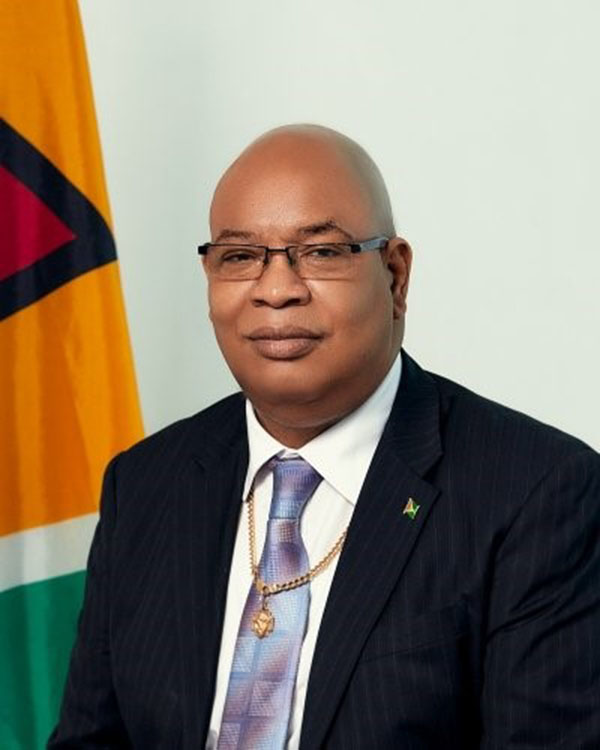Minister of Public Works Juan Edghill, on Monday stated that the newly imposed civil aviation regulations, which requiring inbound travellers to have been inoculated with at least one dose of a COVID-19 vaccine, are not meant to lock persons out, while the Minister of Health, Dr Frank Anthony has noted that some exemptions can be made.
Edghill, speaking to the media outside of the Arthur Chung Conference Centre, said “The intent here is not locking people out, the intent is protecting travellers as well as citizens in the country.”
He added that along with presenting a negative PCR test to enter the country, authorities have now added the vaccination requirement after reviewing the measures. The requirements became effective as of Sunday.
When asked what would happen to an individual who is unvaccinated and was allowed to board a flight to Guyana, the minister stated that the regulations are clear; those persons would not be allowed to board the flight, while adding that he does not see an airline accepting the penalties for such action.
He sought to clarify that persons residing out of Guyana, even if they travel with a Guyanese passport, are required to be vaccinated before they are allowed to enter the country. “That’s where you are living, you are a foreign traveller… you’re from a foreign destination, you live in a foreign country. The burden of getting your vaccine will be where you live,” he said.
During his daily COVID-19 update on Monday, Dr Anthony stated that local authorities are only asking that persons are vaccinated before entering the country, which in turn means that they are required to have at least one dose of any of the seven vaccines listed in the gazetted order.
“The only change that you have to the guidelines for persons travelling to Guyana is that we also now require them to have been vaccinated and vaccinated means at least they should have one dose so we’re not saying fully vaccinated, we’re saying vaccinated,” he said.
However, during Tues-day’s COVID-19 update, Anthony revealed that some exemptions can be made and he cited pregnant women.
“For women who are pregnant, [they] must show proof of their pregnancy and then we can exempt them because there are some women who during their pregnancy did not want to take the vaccine and that’s purely their choice,” he said while adding that as long as the obstetrician has cleared them and they can present proof that they are pregnant they would not be required to present a vaccination requirement.
Further, he stated that currently the authorities only require persons 18 years and older to be vaccinated before entering the country. In the future, when the vaccination for children commences, then the authorities will look at having the vaccination as a requirement for children.
Meanwhile, he mentioned that there might be other citizens who may have travelled abroad prior to the requirements being put into place and he said they can apply to the National COVID-19 Task Force for exemption ahead of time.
“…Because these requirements are now in place [persons] have been out there and are now required to travel back they might not have their vaccine, in those circumstances they can apply to the Task Force ahead of time and each case will be dealt with on a case by case basis,” Anthony said.
When asked about the setup of a vaccination station at the ports of entry, he responded that they have not set up that facility but it can be done. “We have not set up that facility, but it’s something that we can do because we don’t expect persons would be coming in without vaccination.”






